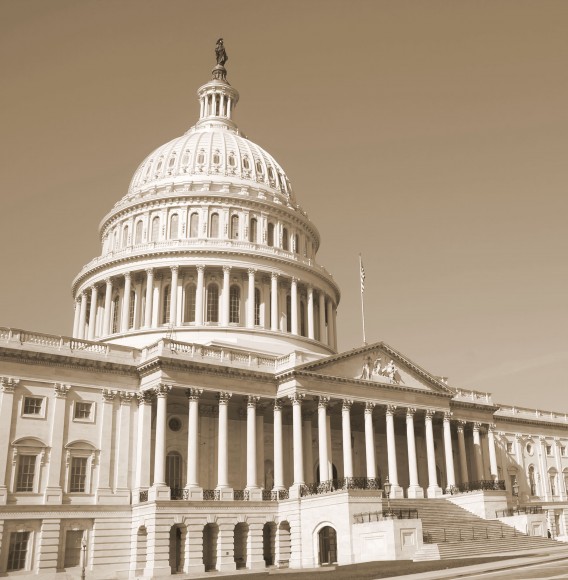Changes to the taxes paid by litigation investors did not make it in the final version of the expansive One Big Beautiful Bill, but the issue of third-party litigating funding continues to have the attention of at least some lawmakers in Washington.
Rep. Darell Issa, R-Calif., chairman of the House Subcommittee on Courts, Intellectual Property, Artificial Intelligence, and the Internet, held a hearing on July 22 entitled “Foreign Abuse of U.S. Courts.”
Related: Tax Increase on Litigation Funders Does Not Make Final Budget Bill
Issa in February introduced the Litigation Transparency Act of 2025 (HR 1109) that would require disclosure of third-party litigation funding (TPLF) in federal civil cases.
During the hearing, Issa said the Chinese Communist Party is “waging what they call legal warfare, using the U.S. courts,” eclipsing cyber and spying threats the U.S. faces from China.
“This is using our patent system, our trademark system, and our courts to their advantage,” he said. “Legislation and rule changes by the administration need to happen, and happen now.”
Industry trade association the American Property Casualty Insurance Association (APCIA), who has made TPLF reform a top priority, submitted a statement to the subcommittee
“TPLF poses a major risk to America’s civil justice system and its economic and national security,” said San Whitfield, APCIA’s senior vice president of federal government relations. “This rapidly growing practice inflates the cost of litigation, particularly the growth of non-economic damages. These increased litigation costs impact the cost of living for consumers and businesses, including insurance costs.”
According to a new consumer guide on legal system abuse from the Insurance Information Institute (Triple-I) and Munich Re US, legal system abuse costs each American family about $6,664 more for goods and services, and costs small businesses $160 billion in tort costs.
“TPLF allows hedge funds and other financiers, including sovereign wealth funds and foreign interests, to secretly invest in and potentially control lawsuits within the U.S. in exchange for a profit by claiming a healthy percentage of any settlement or award,” according to Whitfield, who added support for Issa’s bill as well as another, Protecting Our Courts from Foreign Manipulation Act of 2025 (HR 2675), introduced in April by Rep. Ben Cline, R-Va.
Cline’s bill would require disclosure of TPLF by foreign persons and prohibit foreign governments and sovereign wealth funds from investing in federal court litigation, APCIA said.
At last year’s APCIA annual meeting, panelists speaking on the topic said few jurisdictions require disclosure of TPLF so the extent of the practice is not fully known.
Related: Court Orders Start to Expose ‘Startling’ Data on Litigation Funding Sources
When language to adjust the taxes paid by litigation funders was omitted from the One Big Beautiful Bill, the International Legal Finance Association called it a “clear victory for Americans” because TPLF is “a vital mechanism that enables individuals and small businesses to seek justice against well-funded defendants.”
Topics Lawsuits Mergers & Acquisitions
Was this article valuable?
Here are more articles you may enjoy.



 Lemonade Books Q4 Net Loss of $21.7M as Customer Count Grows
Lemonade Books Q4 Net Loss of $21.7M as Customer Count Grows  World’s Growing Civil Unrest Has an Insurance Sting
World’s Growing Civil Unrest Has an Insurance Sting  Insurify Starts App With ChatGPT to Allow Consumers to Shop for Insurance
Insurify Starts App With ChatGPT to Allow Consumers to Shop for Insurance  Jury Finds Johnson & Johnson Liable for Cancer in Latest Talc Trial
Jury Finds Johnson & Johnson Liable for Cancer in Latest Talc Trial 


